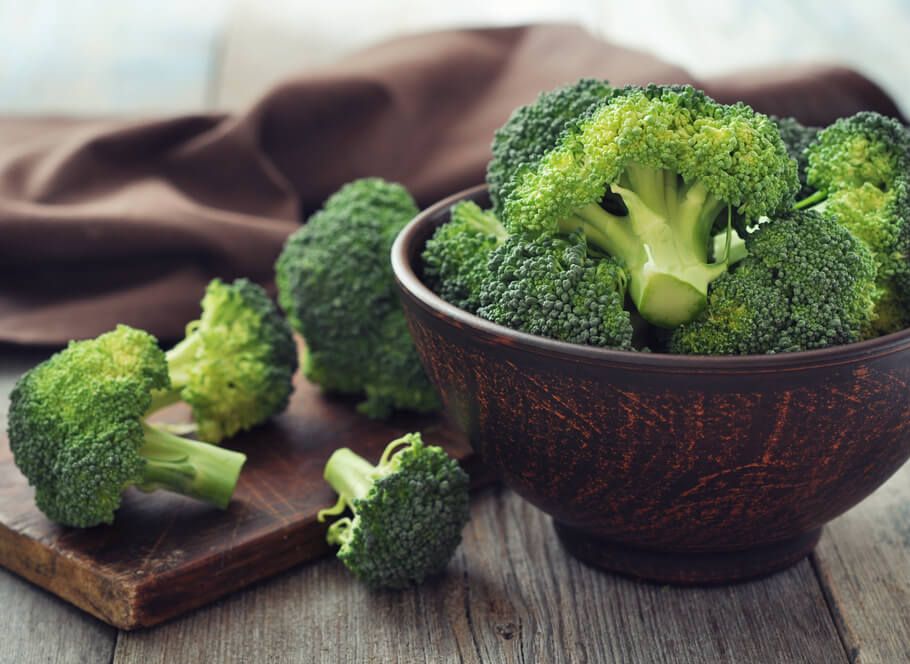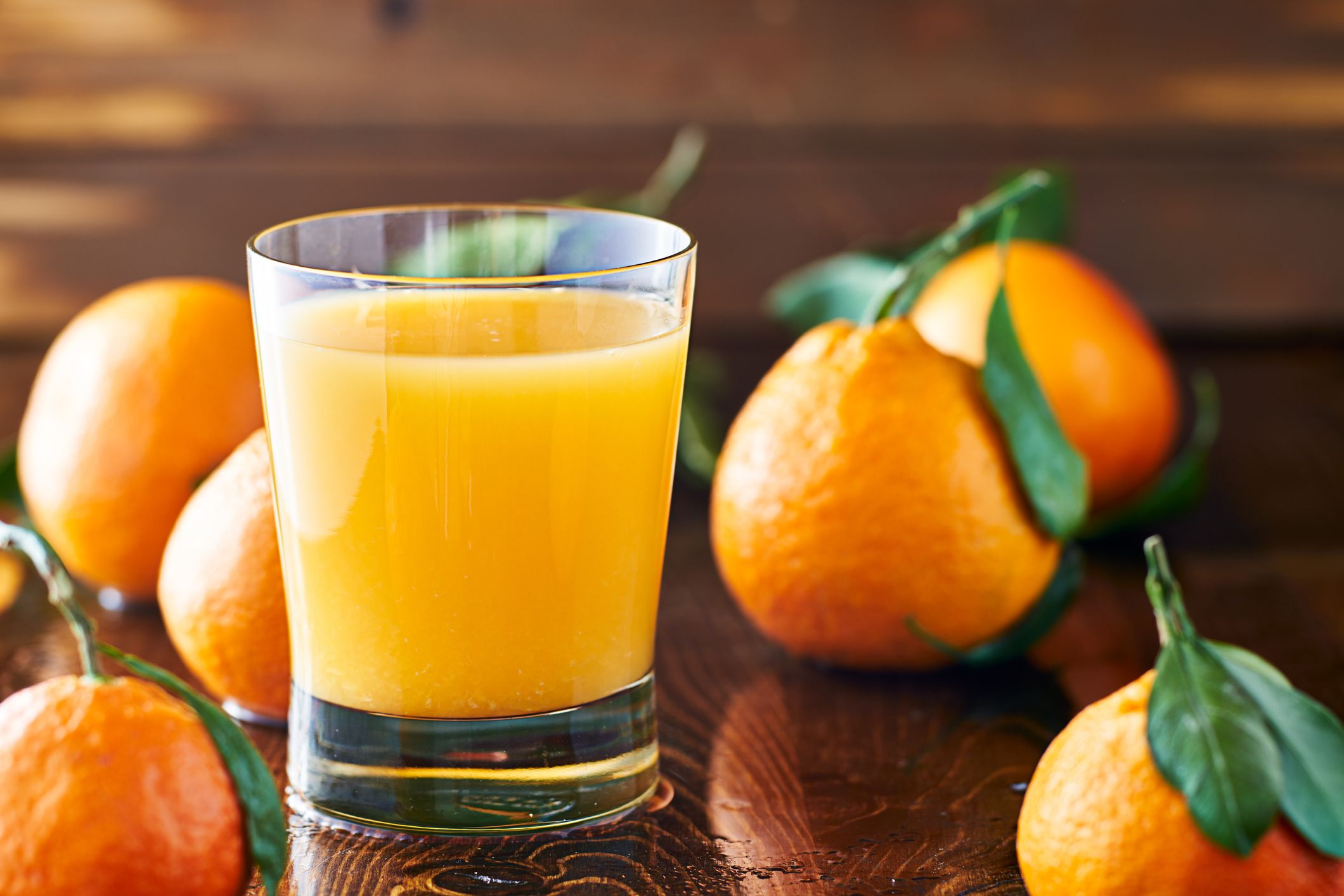The term “superfood” has been tossed around a lot over the last few years. It seems as though there is a new, trendy food that will save us all every few months. However, there’s a selection of these all-mighty foods that continue to be on those lists for a reason.
There are certain foods that go well beyond the realms of current food blogging trends — the foods that are wholesome and delicious and have been proven to be as such long before food trends were a thing.
If you or someone you know has entered the senior years of life, it’s particularly important to know what these foods are. For seniors, a well-balanced diet full of nutritious foods helps lower the risk of developing chronic diseases such as diabetes, and it keeps you energetic and feeling your best.
Maintaining a healthy diet should be the number one priority for seniors. Check out these superfoods that you should add to you or your loved one’s diet.
Green Tea

Green tea is full of antioxidants and nutrients that have powerful beneficial effects on the body. It’s loaded with antioxidants that improve brain function, lower the risk of certain cancers, aid with fat loss, and other impressive advantages.
It aids with healthy digestion and can help boost your metabolism. If you suffer from constipation, a couple of cups of green will be sure to bring relief.
It’s a great drink to share among friends or with a Personal Support Worker (PSW) from an at-home healthcare provider such as Integracare — based in Toronto. Your PSW or caregiver might already know about green tea’s properties that help lower the risk of Parkinson’s and Alzheimer’s diseases. Multiple studies have shown that catechin compounds found in green tea have protective effects on the brain that can help prevent neurodegenerative disorders.
Green tea comes caffeinated as well as decaffeinated. If you’re looking to reduce your coffee consumption, consider a cup of caffeinated green tea in the morning to start your day in a healthy way.
Enjoy with a slice a lemon or some honey a couple of times a day and reap in the incredible benefits from this soothing hot drink.
Dark Leafy Greens

Leafy greens like kale, spinach, dandelion greens, and arugula should be essential superfood items in any senior’s diet. These dark green superfoods contain high doses of Vitamin K, which helps the blood to clot and can reduce the fragility of bones.
Kale is one of the most nutritious vegetables on the planet due to its many minerals, vitamins, and antioxidants. For example, one cup (67 grams) of raw kale holds 684% of the daily value for vitamin K, 134% of the daily value for vitamin C, and 206% of the daily value for vitamin A.
It contains antioxidants such as beta-carotene and lutein, which reduce the risk of diseases caused by oxidative stress such as chronic fatigue syndrome and cardiovascular disease.
Spinach is also loaded with vitamin K, which assists in promoting the production of a protein called Osteocalcin. This is responsible for stabilizing calcium in the bones and helps you to feel strong.
Toss these greens into a salad or a smoothie, or cook them into a pasta sauce for easy intake of your daily Vitamin K and other vital nutrients and minerals!
Salmon

If there’s one thing seniors should eat more of, it’s salmon. Salmon contains Omega-3 fatty acids, which have so many incredible benefits. Omega-3 acids help lower your risk for heart disease by lowering your blood fat count, and they also may reduce the risk of developing chronic eyesight conditions.
Some studies suggest that Omega-3 fatty acids can improve the eye’s oil film that’s produced by small glands on the edge of the eyelid, called the meibomian glands.
Salmon is also full of vitamin B, potassium, and is a great source of protein.
For a light meal, bake your salmon in the oven at 425 degrees with a tablespoon of orange marmalade and a teaspoon of Dijon mustard. Serve with whole-grain rice and a side dark leafy green salad and you’ve got a meal that not only tastes great but one that’s also good for you!
Whole Grains

Whole grains, such as brown rice, buckwheat, quinoa, and oatmeal are rich in fiber, minerals, and vitamins.
Fiber helps the body digest food to regulate bowel movements. It can also help you to feel full longer, can improve blood sugar levels and cholesterol, and can help prevent some diseases such as bowel cancer, diabetes, and heart disease.
Whole grains have also been known to help lower the risk of stroke. Studies have shown that individuals with more whole grains in their diets are at a lower risk of stroke than those who don’t incorporate whole grains as much into their diet. Antioxidants and vitamin K, which are both stroke-reducing food ingredients, are also found in whole grains.
The easiest way to ensure you’re eating enough whole grains is to add them as a side to any meal. Cook up your favorite protein or vegetable and add a cup of brown rice or quinoa.
Orange Juice with Calcium

The body needs calcium to build strong bones and teeth. Many of us assume the best place to find calcium is in cow’s milk, but that’s not always true.
Orange juice with added calcium also does the trick! One glass of this is equivalent to a glass of milk without any of the added hormones that can be found in cow’s milk. Look for orange juice with calcium at any grocery or health food store.
All of these food suggestions are meant to help you or your loved one feel you’re very best. As we get older it’s sometimes easy to dismiss the importance of healthy eating because of the various stresses and challenges of getting older.
It’s not only crucial to stay physically healthy, but a nutritious diet will also help your mental health, memory, and overall wellbeing. Ask your doctor how you can improve you or your loved one’s health.
 Hi Boox Popular Magazine 2025
Hi Boox Popular Magazine 2025



